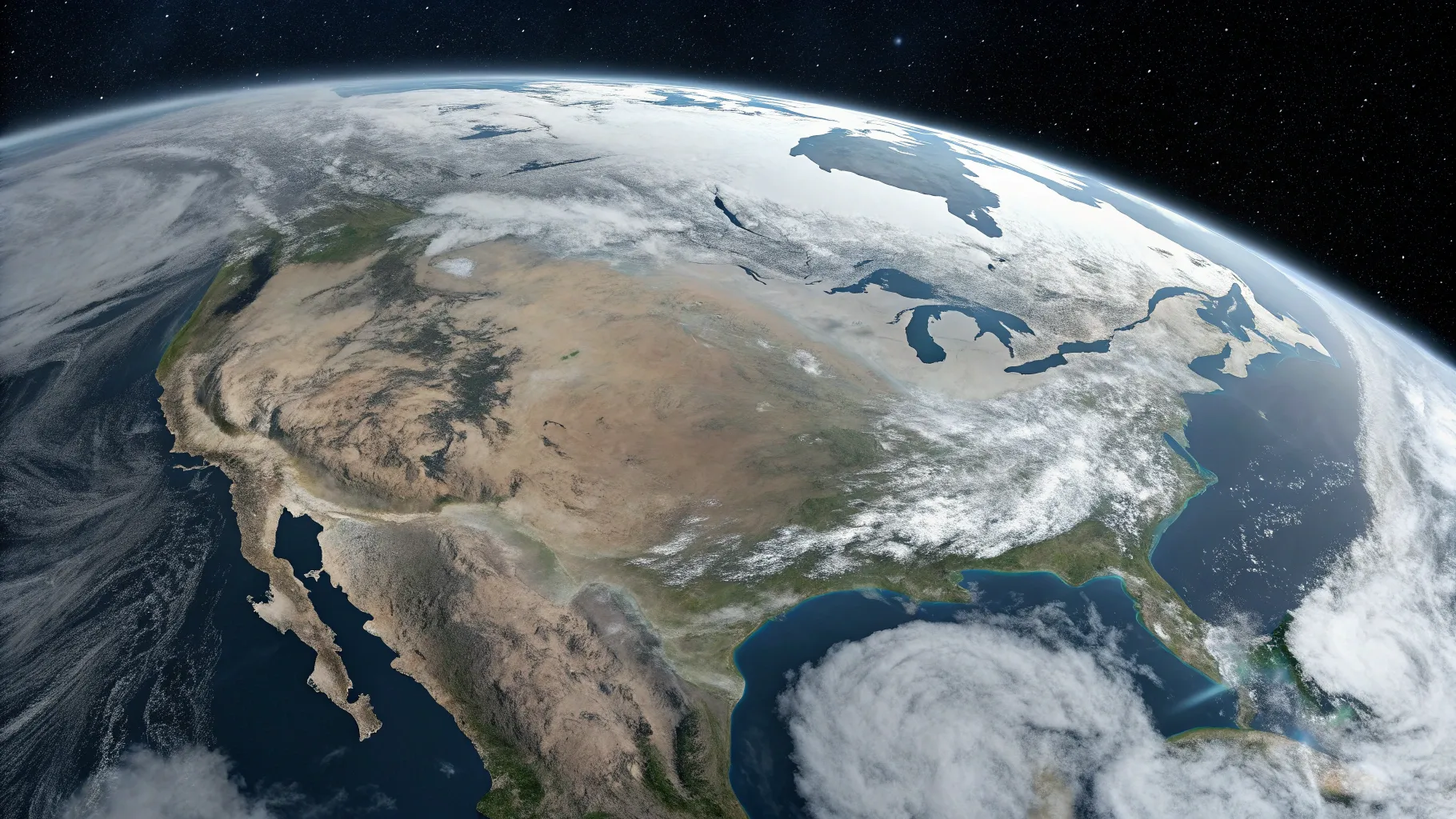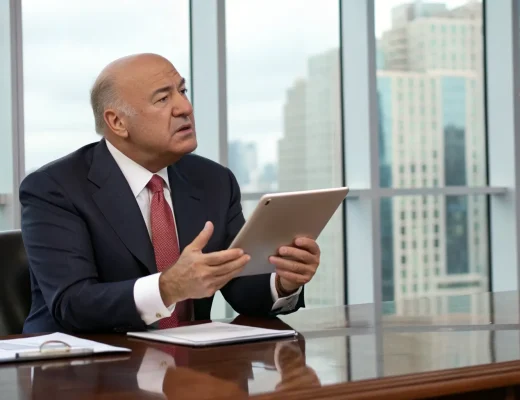The Intergovernmental Panel on Climate Change (IPCC) has issued its most urgent warning yet, calling for immediate action to address global warming before irreversible damage occurs. The statement comes as part of the panel’s latest assessment report, which synthesizes years of climate research and presents a stark picture of the current trajectory.
Scientists from the international body emphasized that the window for effective action is rapidly closing, with global temperatures already having risen approximately 1.1 degrees Celsius above pre-industrial levels. The report indicates that without swift intervention, the world will likely exceed the critical 1.5-degree threshold within the next decade.
Critical Timing for Climate Action
The IPCC’s message underscores the urgency of the climate crisis, noting that delayed action will significantly increase both the financial costs and human suffering associated with climate change. According to the report, each year of inaction makes it more difficult to limit warming to manageable levels.
“The science is clear – we must act now,” stated Dr. Maria Rodriguez, a lead author of the report. “Every fraction of a degree matters, and waiting even five more years to implement substantial emissions reductions will require much more drastic measures later.”
The panel’s findings show that current national commitments under the Paris Agreement fall far short of what is needed to prevent dangerous levels of warming. Even if all countries meet their current pledges, the world would still warm by approximately 2.7 degrees Celsius by the end of the century.
Economic and Social Implications
The report highlights that climate action is not just an environmental necessity but also an economic one. Analysis shows that the costs of inaction far outweigh the investments needed for a transition to clean energy.
Economic models presented in the report indicate that climate-related disasters already cost the global economy hundreds of billions of dollars annually, with these figures projected to rise dramatically if emissions continue unabated.
“Delaying climate action is not only dangerous for our planet but also economically irrational,” explained Dr. James Chen, an economist who contributed to the report. “The longer we wait, the more expensive the transition becomes.”
The social dimensions of climate change are equally concerning. The report warns that without immediate action, hundreds of millions more people will face increased risks from:
- Extreme heat events and related health impacts
- Water scarcity and food insecurity
- Displacement due to rising sea levels
- Increased frequency and intensity of natural disasters
Pathways Forward
Despite the dire warnings, the IPCC emphasizes that limiting warming to safer levels remains technically feasible. The report outlines several critical actions needed in the next few years:
A rapid phase-out of fossil fuels must begin immediately, with coal use eliminated in developed nations by 2030 and globally soon after. Renewable energy deployment needs to triple by 2030, while energy efficiency improvements must accelerate across all sectors.
The report also calls for protecting and restoring natural carbon sinks, including forests and wetlands, which can absorb significant amounts of carbon dioxide while providing additional benefits for biodiversity and local communities.
Financial flows must shift dramatically, with investments in fossil fuel infrastructure redirected toward clean energy solutions. The panel estimates that annual investments in clean energy and efficiency need to increase by a factor of six by 2030.
The IPCC’s message is unambiguous: the time for incremental changes has passed. Transformative action across all sectors of society is required now to avoid the worst impacts of climate change. The next few years will determine whether humanity can change course before crossing dangerous tipping points in the Earth’s climate system.







